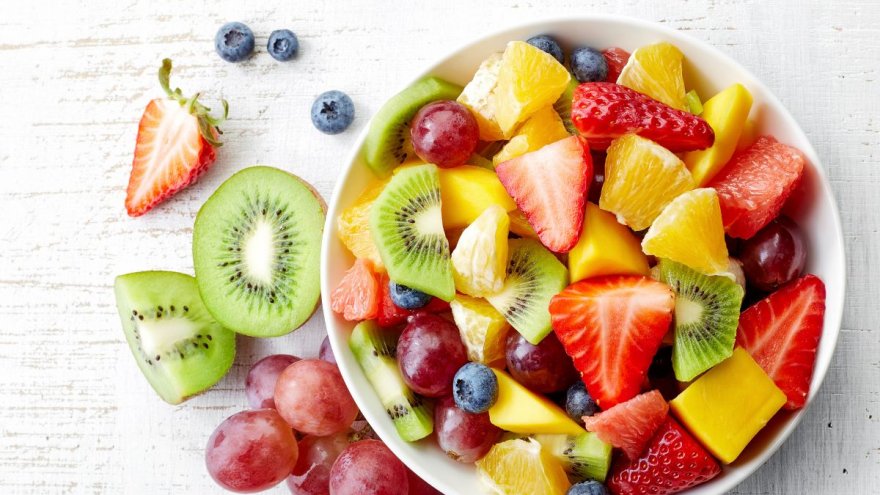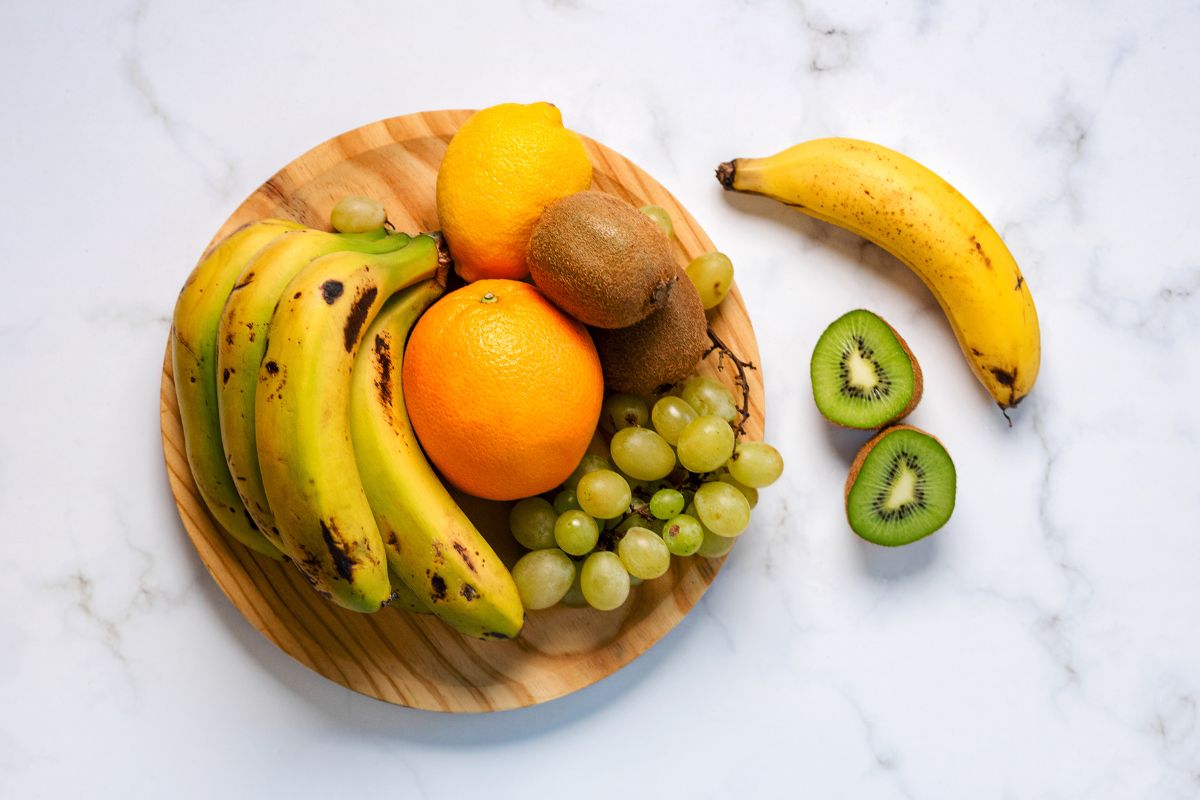10 Fruits With The Most Electrolytes to Replace Sports Drinks

So what are electrolytes exactly? Electrolytes are essential minerals such as potassium, calcium and sodium that help your body to function at a higher level.
Although some athletes like to replenish their electrolytes by drinking sports drinks, there are other ways to do so. if you prefer a more natural approach, there are fruits and foods that can be used to restore electrolytes.
Which Fruit Has the Most Electrolytes?

- Bananas: Rich in potassium, bananas help maintain fluid balance and muscle function.
- Coconut Water: Often considered nature’s sports drink, it’s packed with potassium, magnesium, and sodium.
- Watermelon: High in potassium and magnesium, watermelon also provides a hydrating boost due to its high water content.
- Avocados: Exceptionally high in potassium, avocados also contain magnesium.
- Oranges: Known for their vitamin C, oranges are also a good source of potassium.
- Cantaloupes: These melons offer a good amount of potassium and magnesium.
- Kiwi: Along with vitamin C, kiwi fruits are rich in potassium.
- Dates: High in potassium, magnesium, and calcium, dates are energy-dense and nutritious.
- Prunes: Besides being a good source of fiber, prunes are rich in potassium.
- Dried Apricots: A concentrated source of potassium, magnesium, and calcium when dried.
What Other Foods Are Rich in Electrolytes?
Coconut water is an excellent choice, naturally low in calories and rich in potassium, magnesium, sodium, and calcium, making it an ideal natural hydrator. Additionally, diluted fruit juices, such as orange or cherry juice, can offer a natural source of potassium and magnesium, while milk is an excellent source of calcium, potassium, and sodium.
For those looking for a DIY option, making a homemade electrolyte drink with water, a pinch of salt, a splash of fruit juice, and a bit of honey can provide a natural and effective way to maintain electrolyte balance.
Remember, while these drinks can aid in hydration and electrolyte balance, it’s important to consume them in moderation alongside water, particularly during recovery from physical activity or illness, to avoid excess sugar and calorie intake.
Does 100% Fruit Juice Have Electrolytes?
Yes, 100% fruit juice does contain electrolytes, mainly potassium, and to a lesser extent, magnesium and sodium. The electrolyte content in fruit juice comes from the natural minerals found in the fruits from which they are made.
For example, orange juice is a good source of potassium, an essential electrolyte that helps regulate fluid balance, muscle contractions, and nerve signals. Similarly, juices from potassium-rich fruits like bananas, prunes, and coconut can contribute to your daily electrolyte intake.
However, it’s important to consume fruit juices in moderation due to their high natural sugar content and lack of fiber compared to whole fruits. While they can provide a quick source of electrolytes and hydration, whole fruits and other foods may offer a more balanced approach to maintaining electrolyte balance and overall health.
How to Know if Your Electrolytes are Low?
Latest Articles
 Is Running on a Treadmill Easier Than Running Outside?Runners have their own preferences, whether it is treadmill running, running outside on the road, or exploring trails. So...
Is Running on a Treadmill Easier Than Running Outside?Runners have their own preferences, whether it is treadmill running, running outside on the road, or exploring trails. So... Is It OK to Use Trail Running Shoes on the Road?While trail running shoes can be used on roads, especially in situations where a runner encounters mixed terrains or pref...
Is It OK to Use Trail Running Shoes on the Road?While trail running shoes can be used on roads, especially in situations where a runner encounters mixed terrains or pref... How to Fix Sore Quads After Running?Rest, ice, gentle stretching, and over-the-counter pain relievers can help soothe sore quads after running. Also, ensure ...
How to Fix Sore Quads After Running?Rest, ice, gentle stretching, and over-the-counter pain relievers can help soothe sore quads after running. Also, ensure ... 10 Fruits With The Most Electrolytes to Replace Sports DrinksThese fruits are high in electrolytes such as potassium, magnesium, and calcium, essential for hydration, muscle function...
10 Fruits With The Most Electrolytes to Replace Sports DrinksThese fruits are high in electrolytes such as potassium, magnesium, and calcium, essential for hydration, muscle function...

